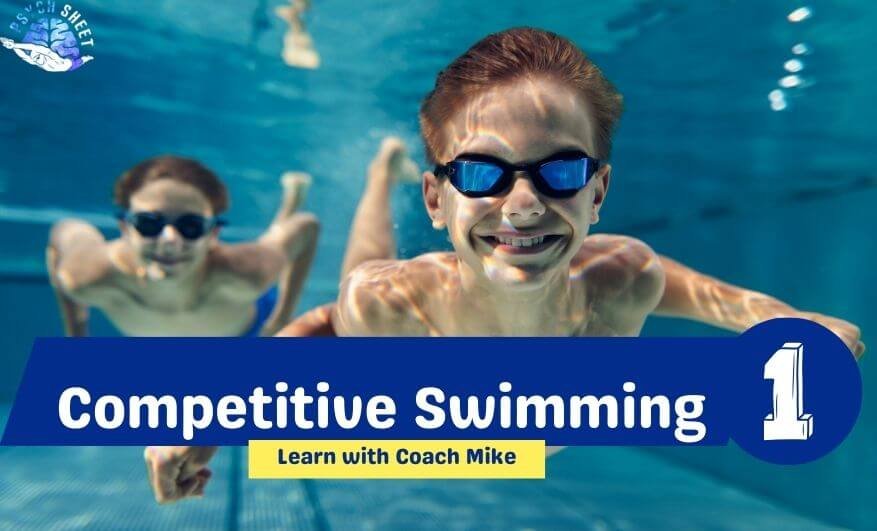Embracing Mental Training: The Key to Unlocking Success in Competitive Swimming

In the world of competitive sports, including swimming, there’s a noticeable shift towards recognizing the importance of mental training. Coaches and athletes alike are realizing that mental coaching is not just a supplementary aspect but a crucial component alongside physical training, stroke development, nutrition, and sleep.
Mental training has always been integral to quality racing. Preparing one’s mindset before a race is essential, but what about before practice or dryland sessions? This is where the significance of mental training truly shines. It’s about getting your head in the right space consistently, not just when the starting gun goes off.
At Psych Sheet, we’re at the forefront of utilizing cutting-edge brainwave technology to enhance athletes’ performance. While much of our technology is still unpublished, the results we’re witnessing are undeniably impressive. We’re seeing athletes achieve outstanding results by incorporating mental training into their overall regimen.
However, one of the challenges we face is how to engage younger swimmers, some as young as 7, in mental training exercises effectively. It’s crucial to make these exercises accessible and engaging for young athletes. One approach is to involve both the swimmers and their parents in the process.
By educating swimmers about the importance of mental training and involving parents in formalizing daily mental training exercises, we create a powerful support system. Psych Sheet for Parents serves as a tool to help parents navigate the ups and downs of competitive swimming alongside their children.
Empowering parents to actively participate in their child’s mental training not only reinforces the importance of this aspect but also strengthens the bond between parent and child. Together, they can work towards achieving the desired results and navigating the challenges that come with competitive swimming.
Moreover, integrating mental training into daily routines fosters consistency and habit formation, key elements in achieving long-term success. By making mental training a regular part of their routine, young swimmers develop resilience, focus, and confidence, qualities that are invaluable both in and out of the pool.
It’s not just about winning races; it’s about developing well-rounded athletes who are equipped to face the challenges of competition and life beyond sports. Mental training provides young athletes with the tools they need to thrive under pressure, overcome obstacles, and ultimately reach their full potential.
As mental training continues to gain traction in the world of competitive swimming, it’s essential to embrace this shift and recognize its transformative power. By prioritizing mental well-being alongside physical conditioning, we set our young athletes up for success, both in the pool and in life. So let’s continue to invest in their mental training journey and watch as they soar to new heights of achievement.
See you at the pool,
Coach Mike
